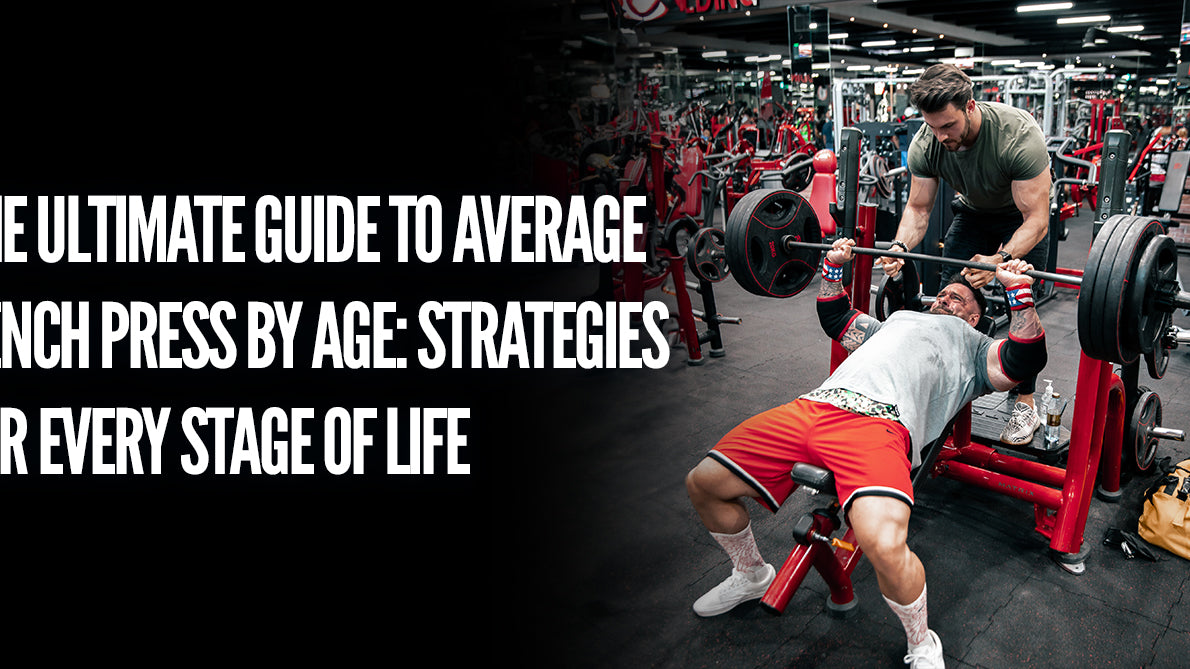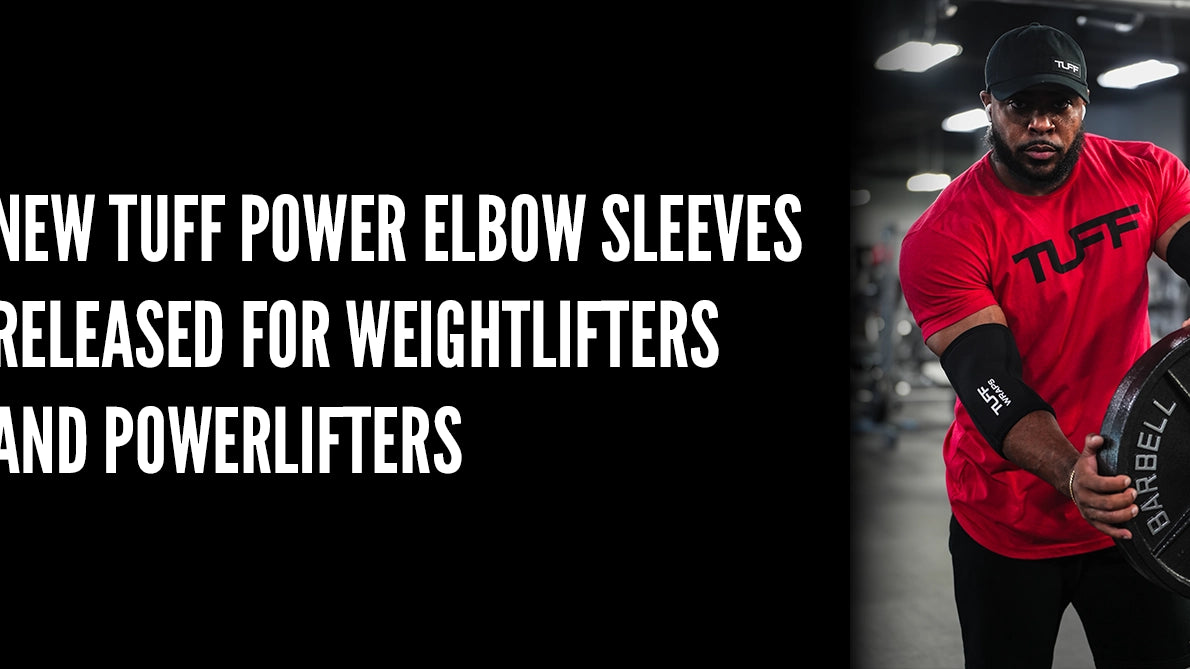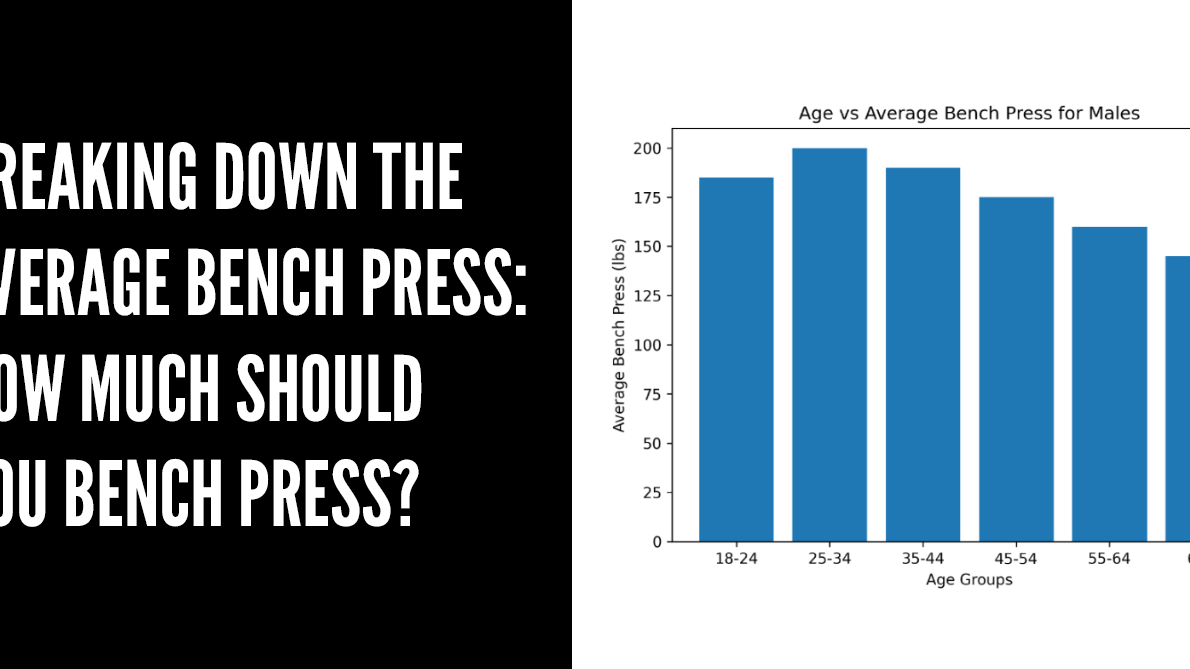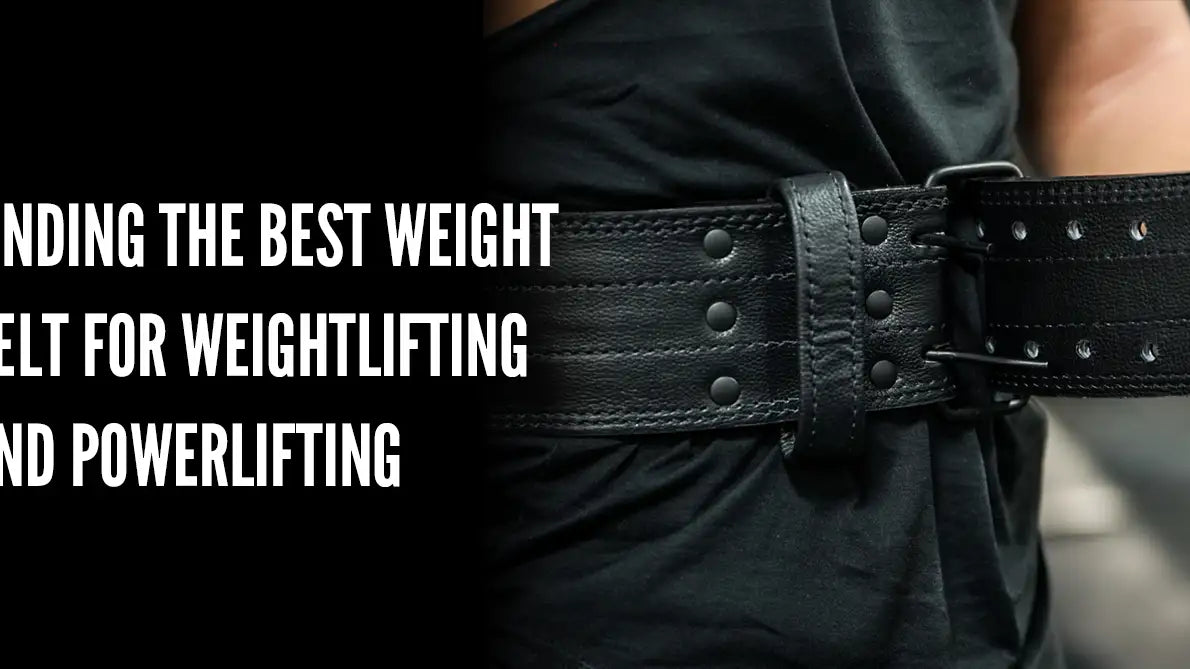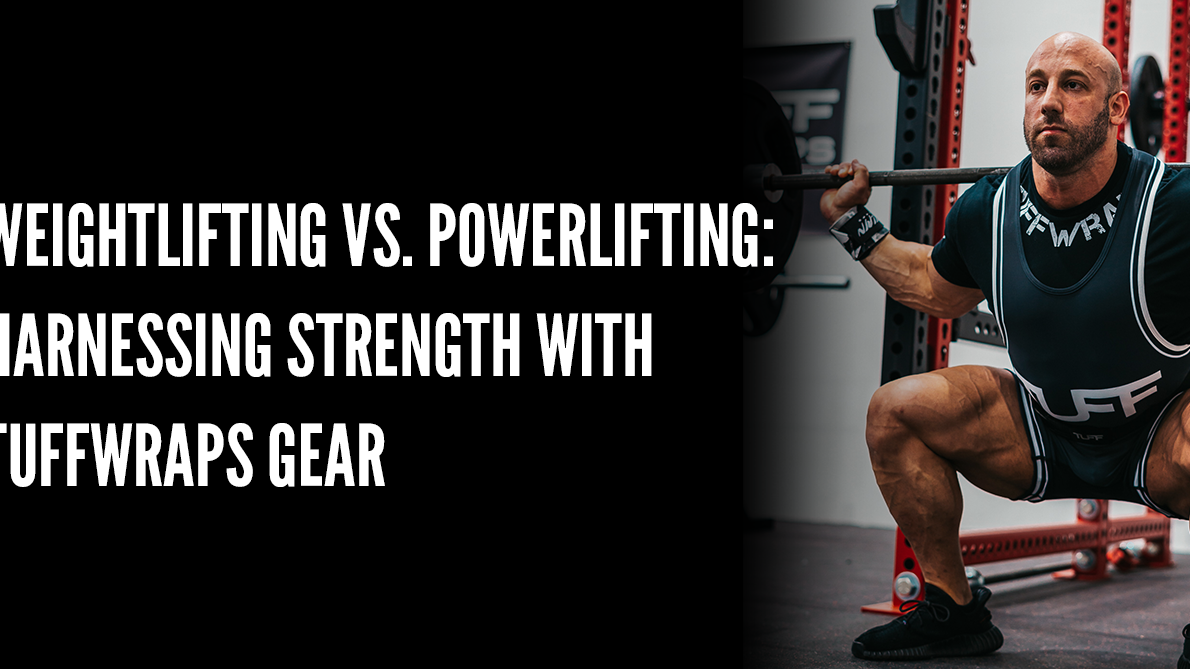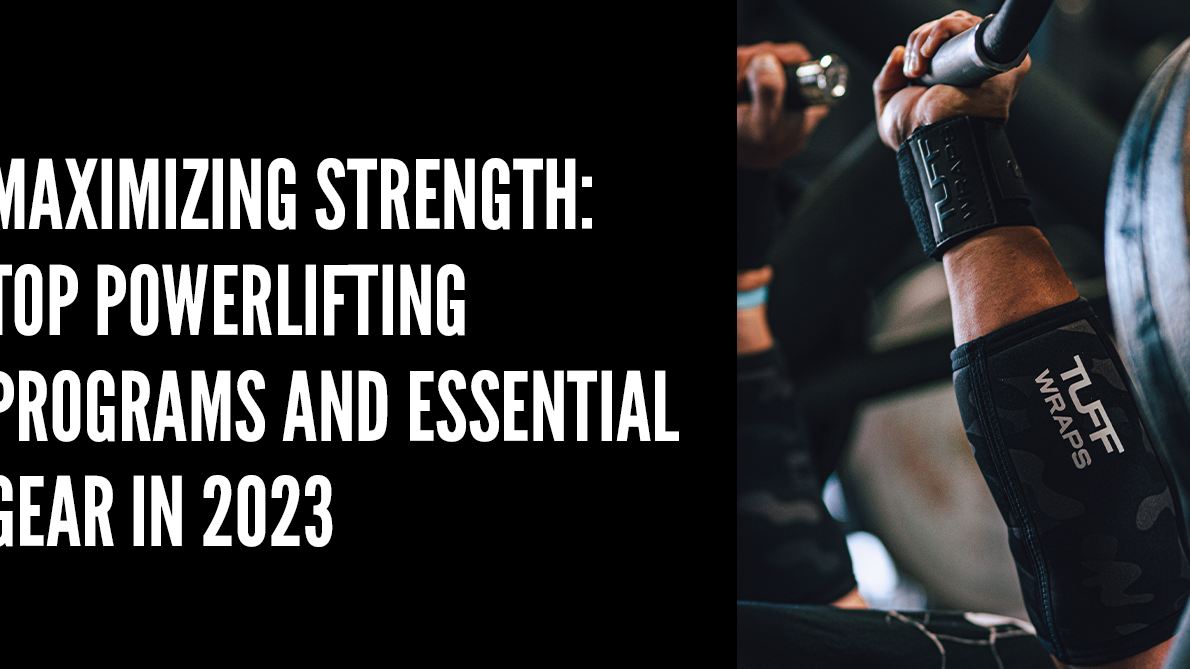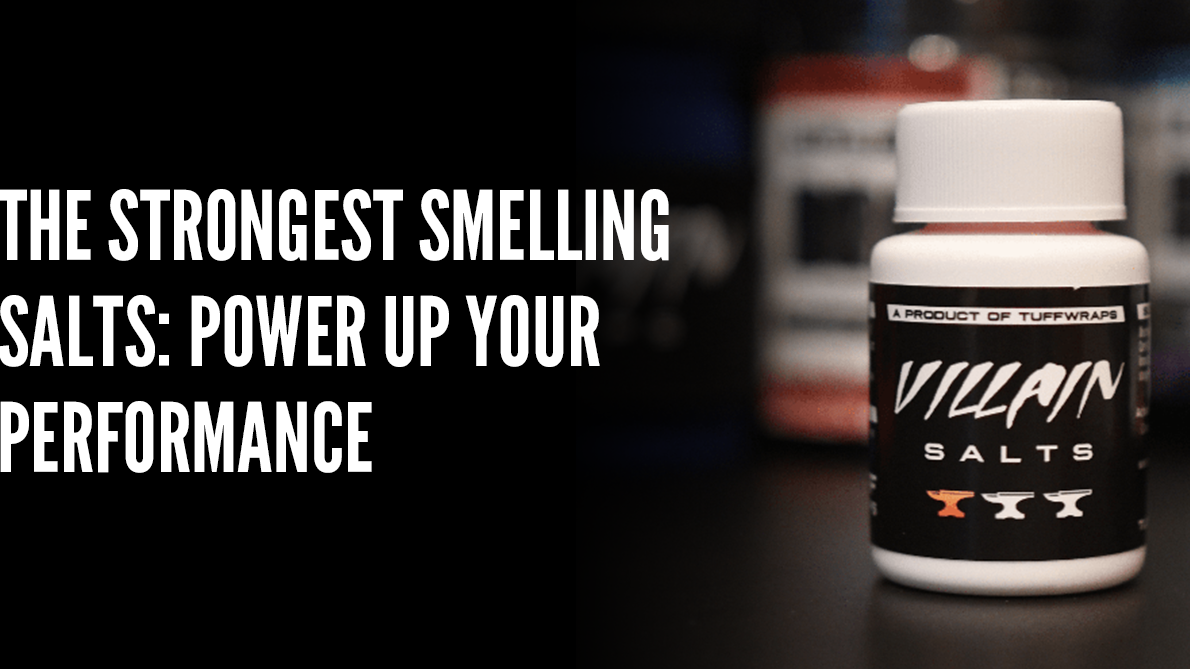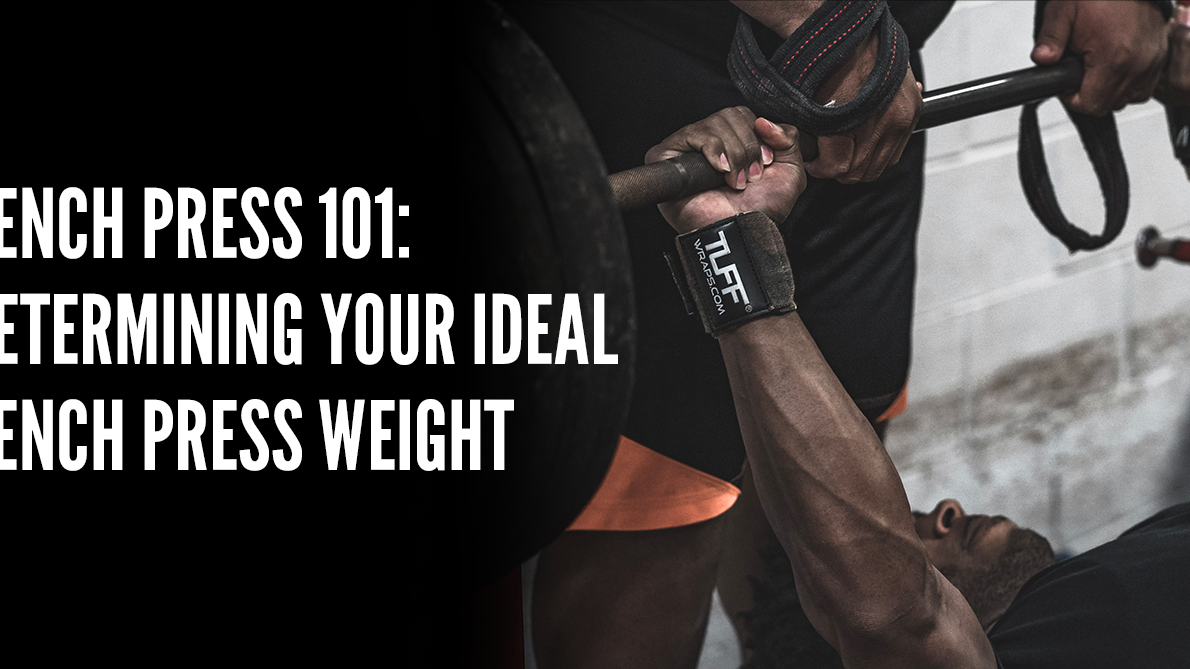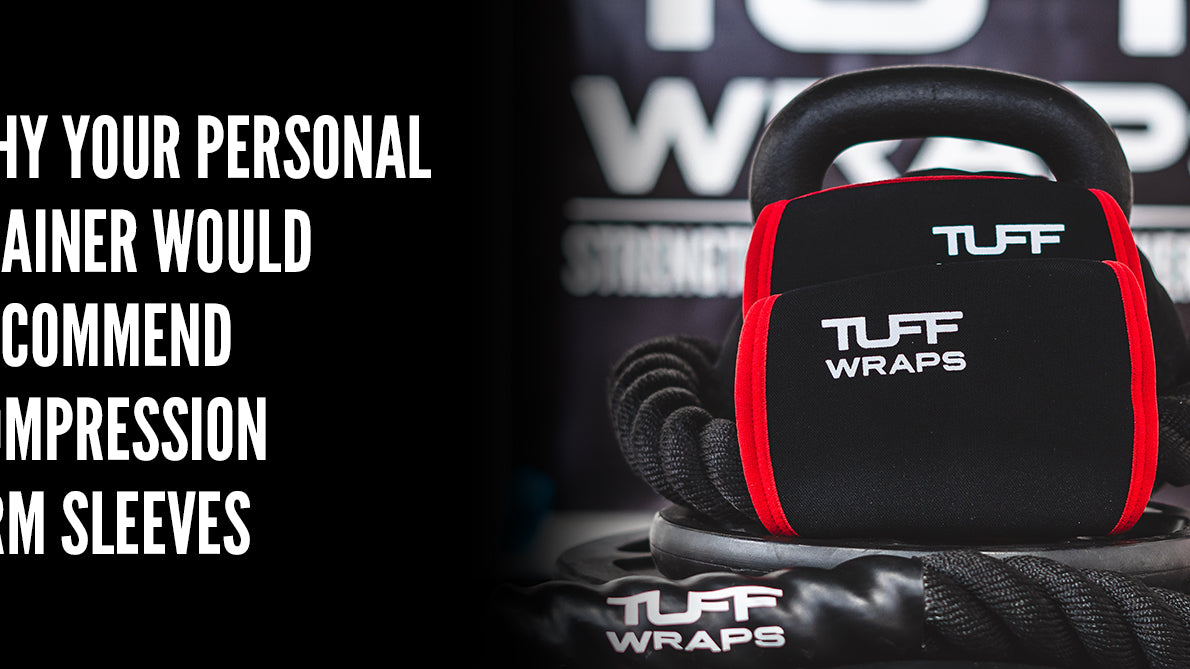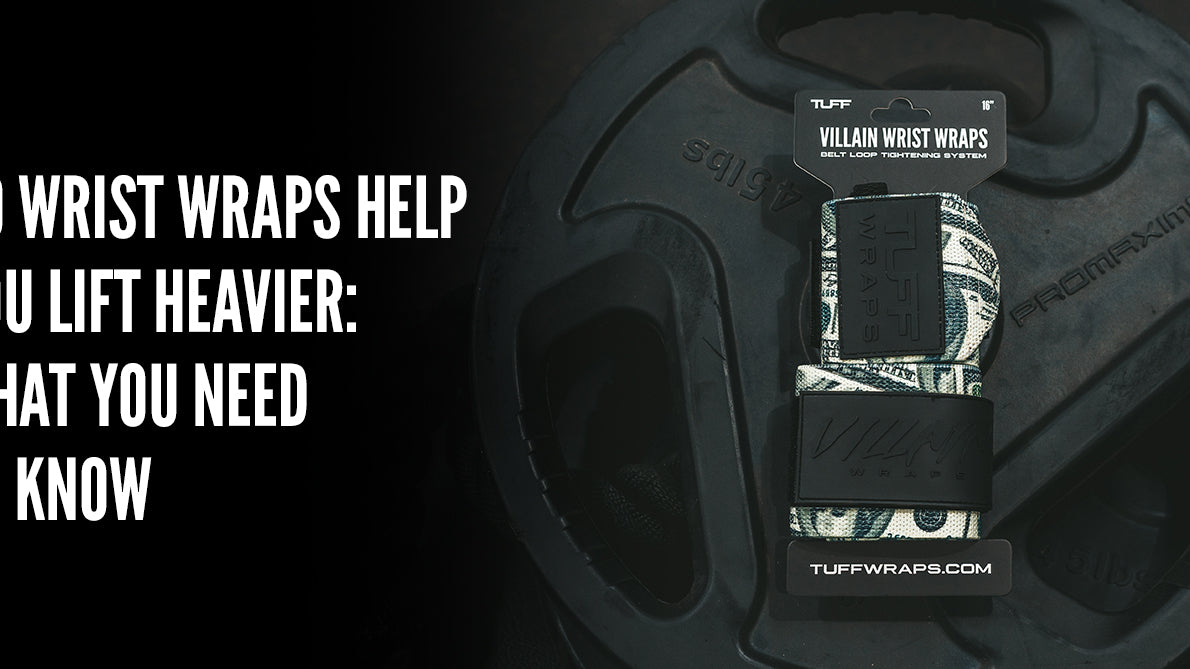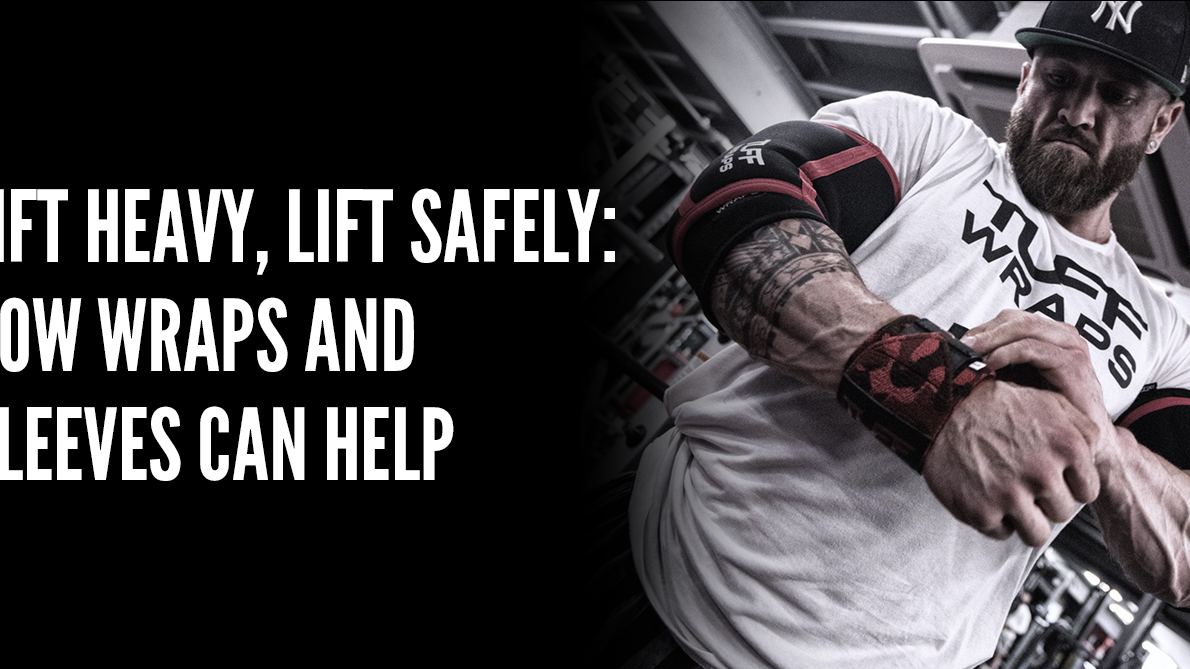Master Your Fitness Game: In-Depth Gear Guides and Workout Tips by TuffWraps
The Ultimate Guide to Average Bench Press by Age: Strategies for Every Stage of Life
We always ask ourselves, "How much should I be able to bench press?" Strength training is a crucial component of a balanced fitness routine, and the bench press is one of its most fundamental exercises. The average bench press by age varies, influenced by muscle mass, bone density, and overall health. This article will delve into the importance of bench press in strength training, how age affects performance, and provide strategies for each age group.
New TUFF Power Elbow Sleeves Released for Weightlifters and Powerlifters
TuffWraps, a leader in functional fitness gear and apparel, has just released our latest elbow sleeves - the TuffWraps Power Elbow Sleeves in all black. These new elbow sleeves were designed specifically for weightlifters, powerlifter athletes, and other functional fitness enthusiasts who need extra support and compression during intense workouts.
Breaking Down the Average Bench Press: How Much Should You Bench Press?
Regarding strength training, the bench press exercise is often considered the gold standard for measuring upper body strength. Whether you're a beginner or a seasoned lifter, knowing how much you should bench press is essential for setting realistic goals and tracking your progress. This comprehensive guide will explore the average bench press weight, factors that influence it, and tips to increase your bench press strength.
Finding the Best Weight Belt for Weightlifting and Powerlifting
Weightlifting is an art, and just like any other art form, it requires skill and the right tools. One such indispensable tool is the weight lifting belt. At TuffWraps, we offer a variety of strength gear to enhance your workouts, including a comprehensive range of weightlifting belts.
Weightlifting vs. Powerlifting: Harnessing Strength with TuffWraps Gear
Weightlifting and powerlifting, two pillars of strength training, have garnered a massive following around the globe. These disciplines, though different, share a common goal: pushing the limits of human strength and resilience. Whether you're hoisting a barbell overhead in a clean and jerk or deadlifting twice your body weight, you're not just lifting weights but challenging the boundaries of your potential.
Maximizing Strength: Top Powerlifting Programs and Essential Gear in 2023
Unleashing one's strength and seeing the fruits of one's labor is a thrilling experience. Powerlifting is one such sport that tests the limits of human strength. However, it requires not only an effective powerlifting program but also the right gear to ensure optimal results.
The Strongest Smelling Salts: Power Up Your Performance
In the realm of strength training, the secret weapon of many serious lifters isn't always what you'd expect. It's not only their villain wrist wraps or carefully selected weightlifting belts. It's something a little more... volatile. Yes, we're talking about smelling salts.
Bench Press 101: Determining Your Ideal Bench Press Weight
Welcome to our comprehensive guide to one of the most quintessential exercises in weightlifting—the bench press. It's an exercise that provokes many questions, especially about how much weight one should be able to lift. We're here to shed some light on this topic.
Benefits of Wrist Wraps for Weightlifters
Weightlifting is an intense and demanding sport that requires proper preparation and equipment. One of the essential pieces of equipment in weightlifting is wrist wraps. Wrist wraps are made to give support and stability to the wrist joint during heavy lifting.
Why Your Personal Trainer Would Recommend Compression Arm Sleeves
So, you're hitting the gym, working on those gains, and following your personal trainer's advice to a tee. As you strive to achieve your fitness goals, your personal trainer may suggest using compression arm sleeves as part of your workout gear.
Do Wrist Wraps Help You Lift Heavier: What You Need to Know
Wrist wraps have become a popular accessory for weightlifters and powerlifters alike. They are designed to support and stabilize the wrist during heavy lifting exercises such as bench press, deadlifts, and squats. But the question is, do wrist wraps help you lift heavier? We have just what you need if you've always wanted to know the answer to this question. In this article, we will explore the benefits of using wrist wraps during weightlifting and the science behind their effectiveness.
Lift Heavy, Lift Safely: How Wraps and Sleeves Can Help
Lifting heavy weights is a common practice in most gyms. Whether you are a professional athlete or a novice gym-goer, lifting heavy weights comes with risks. The risk of injury is high, and it can be challenging to recover from severe injuries. Wraps and sleeves are essential accessories that help avoid injuries and improve overall lifting performance. This article will discuss the importance of using wraps and sleeves when lifting heavy at the gym.

